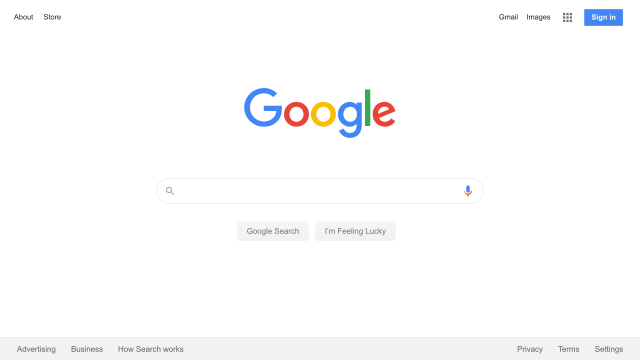Why has Google CEO Issued a Code Red with the Rise in Use and Popularity of ChatGPT
The advent of ChatGPT, the popular conversational AI chat bot developed by OpenAI, reportedly prompted Google management to issue a "code red," raising concerns about the future of the Google search engine.
Video summary of the article:
Read: Can ChatGPT write better essays than humans - (Surprise at the End)
According to an internal memo and audio recording reviewed by the Times - here's everything that recently transpired at Google:
- Sundar Pichai, the CEO of Google's parent company, Alphabet, attended several meetings regarding Google's AI strategy and instructed numerous groups within the company to refocus their efforts on addressing the threat that ChatGPT poses to its search engine business.
- Teams from Google's research, Trust and Safety, and other divisions have been specifically instructed to change gears to support the creation and introduction of new AI prototypes and products.
- Some employees have even been charged with developing AI products that produce artwork and images akin to OpenAI's DALL-E, which is utilized by millions of people.
Why is ChatGPT a Big Threat for Google?
At a time when Google employees and industry experts are debating whether ChatGPT, which is managed by former Y Combinator president Sam Altman, has the ability to replace the search engine and harm Google's ad-revenue business model, Google has decided to expand its AI product portfolio.
According to Sridhar Ramaswamy, who managed Google's advertising division from 2013 to 2018, ChatGPT might stop consumers from clicking on Google links with adverts, which in 2021 brought in $208 billion, or 81% of Alphabet's total revenue, according to Insider.
Five days after its public debut, ChatGPT had amassed over 1 million users. By combining data from millions of websites, ChatGPT can produce individualized replies to questions in a conversational, human-like manner. According to an Insider piece, users have requested that the chat bot create college essays for them, offer coding help, and even act as a therapist.
Read: Should Professional Illustrators be Mad at an Author Who Used AI to Create a Children's Book
Any Limitations and Concerns about ChatGPT?
But some people have already noted how frequently the bot makes mistakes. AI experts have suggested that ChatGPT is unable to fact-check what it says and cannot tell the difference between a verified fact and false information. AI researchers refer to this ability to invent answers as "hallucinations." Bloomberg, has reported that the bot is capable of producing disrespectful, sexist and racist comments.
Doesn't Google have a competitive product vs ChatGPT?
Google does have a competitor to ChatGPT, call LaMDA — short for Language Model for Dialogue Applications — but is hesitant to open it to the general public, due to the chat bot's huge margin of error and susceptibility to toxicity. According to a recent CNBC story, Google executives are apprehensive about making it broadly available in its current version due to "reputational risk."
Before ChatGPT was made public, Zoubin Ghahramani, the head of Google's A.I. lab Google Brain, told the Times that chat bots are "not something that people can use consistently on a regular basis."
So, what's Next?
We may get a sneak peek at new AI products at Google's annual developer conference, I/O, which is anticipated to take place in May, as the company is said to be working nonstop on them. Instead of removing its search engine, Google might concentrate on enhancing it over time - let's see how much "margins pressure", either causes Mr. Pichai to open LaMDA or revamp the search engine. One way or another, a change for Google is on the horizon.
Next Read: Google Wins Over Apple with NFL Deal for YouTube, but Will This Lead to Future Growth

0 Comments